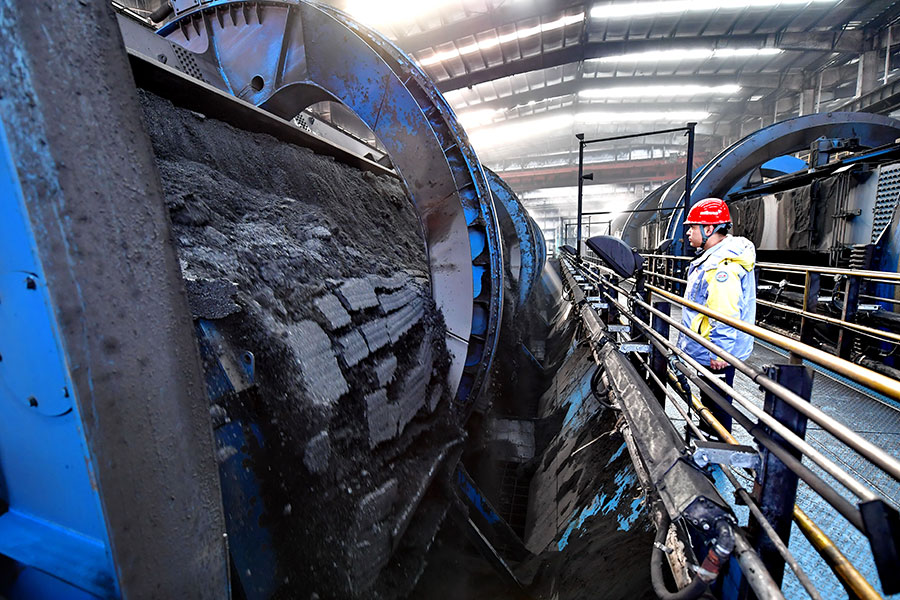Nation to ensure coal supplies to stricken regions


China will ensure sufficient supplies of coal, the main fuel for households and hospitals, in the major epidemic-stricken areas of the country, as part of its concerted efforts to tackle the novel coronavirus outbreak.
According to a statement issued by the National Energy Administration, coal industry officials at the various production centers have been urged to strictly supervise the production process and ensure that there are no coronavirus outbreaks at the mines under their jurisdiction.
The officials and departments have been urged to prevent unwarranted price spikes and not place any restrictions on coal shipments to other regions. Efforts should also be stepped up to tackle logistics barriers, it said, adding that local coal industry officials and departments must communicate with the related departments to ensure smooth traffic both on road and by railway.
The statement also said local coal industry departments should guarantee stable supplies through strengthened internal management while protecting workers' health.
Other regions that will be given priority for coal supplies include Northeast China, which is a hub for China's traditional industries like manufacturing, and the city cluster Beijing-Tianjin-Tangshan industrial area.
The moves came amid China's ongoing efforts to ensure infrastructure services and necessary supplies for households and hospitals in the epidemic-stricken areas, together with other measures to combat the novel coronavirus outbreak.
"Adequate power supply is a critical infrastructure as it encompasses all sectors be it daily lives to community resilience to medical rescue. A stable and abundant power supply is essential for people's health, safety, and the nation's security," said Lin Boqiang, head of the China Institute for Studies in Energy Policy at Xiamen University.
As a major energy source for electricity generation, coal provides power in a more stable and steady way, compared with non-fossil fuel energies like wind and solar power, which makes the black gold especially important in disaster-stricken areas, Lin said.
Lin said abundant and stable power supply fueled by coal is of vital importance in Wuhan, the epicenter of the virus outbreak, as there may be increased demand following the setting up of two makeshift hospitals-Huoshenshan (Fire God Mountain) Hospital and Leishenshan (Thunder God Mountain) Hospital. Huoshenshan Hospital, with a capacity of 1,000 beds, started its operations on Sunday.
As of Monday, the total number of confirmed cases affected by novel coronavirus rose to 20,438 in the Chinese mainland, including 425 deaths. On the same day, Hubei reported 13,522 confirmed cases of novel coronavirus including 414 deaths.



































